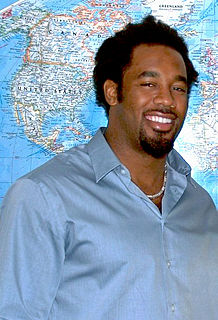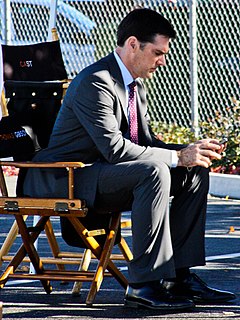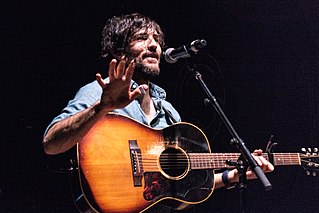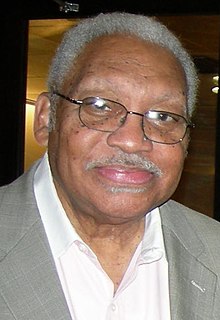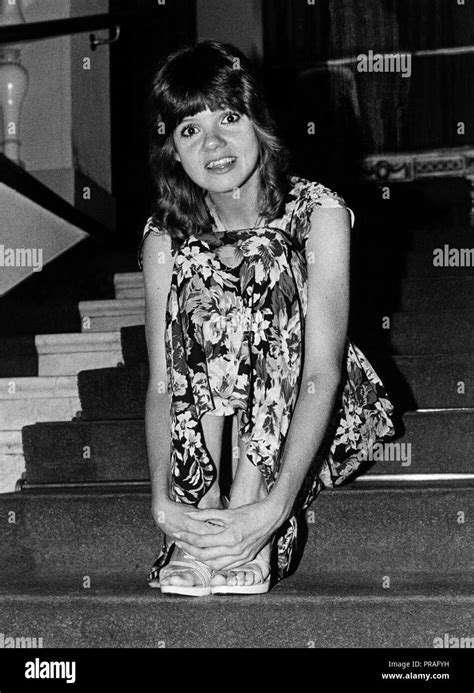A Quote by Tony Bennett
Intimate singing had a wonderful style in the '30s and '40s. It came out of Broadway and the jazz of Louis Armstrong and Billie Holliday. But Sinatra created the best romantic era that we've ever had.
Related Quotes
When my sister and I were kids, swimming down in Charleston, there was this pizza parlor that had this old Dixieland band play, and I just loved Louis Armstrong and the sound of his voice, and I got up there with the band and started singing Louis Armstrong songs when I was a kid. I have no idea why, but I did it and I loved it.
I had a dream that Louis Armstrong was playing the 'Swept Away' melody. I have no idea where it came from. But Louis Armstrong was playing it and singing the song to me. I woke up-it's a borrowed melody no doubt-and wrote it down. If I hear a song and I choose not to put it down, that's me neglecting to accept that song. I think there's a very spiritual and godly-type ting that happens, and it happens to way more people than we know. It's just that very few of us choose to engage it.
I think that anybody from the 20th century, up to now, has to be aware that if it wasn't for Louis Armstrong, we'd all be wearing powdered wigs. I think that Louis Armstrong loosened the world, helped people to be able to say "Yeah," and to walk with a little dip in their hip. Before Louis Armstrong, the world was definitely square, just like Christopher Columbus thought.
Once there was Louis Armstrong blowing his beautiful top in the muds of New Orleans; before him the mad musicians who had paraded on official days and broke up their Sousa marches into ragtime. Then there was swing, and Roy Eldridge, vigorous and virile, blasting the horn for everything it had in waves of power and logic and subtlety - leaning into it with glittering eyes and a lovely smile and sending it out broadcast to rock the jazz world.
I think I copied my style from Louis Armstrong. Because I used to like the big volume and the big sound that Bessie Smith got when she sang ... So I liked the feeling that Louis got and I wanted the big volume that Bessie Smith got. But I found that it didn't work with me, because I didn't have a big voice. So anyway between the two of them I sorta got Billie Holiday.
I want people to feel what it was like in the '40s. That's when popular music in the United States was so beautiful. Frank Sinatra, the Pied Pipers, Duke Ellington, Fletcher Henderson, Tommy Dorsey, Billie Holiday. That's when popular music had deeper values, to me. This was music that was selling millions of records.
I was the illegitimate child of the legitimate theater. I had no training. I came from downtown rock and roll, and when I came in and auditioned for the Broadway revival of 'Hair,' I had no eyebrows - kind of a Bowie-esque glimmer kid. And it was hard representing the flower power era when we were stone cold punks.
One thing is certain: for many of those who came back from WWII, the music of Frank Sinatra was no consolation for their losses. Some had lost friends. Some had lost wives and lovers. All had lost portions of their youth. More important to the Sinatra career the girls started marrying the men who came home. Bobby socks vanished from many closets. The girls who wore them had no need anymore for imaginary lovers; they had husbands. Nothing is more embarrassing to grownups than the passions of adolescence, and for many, Frank Sinatra was the passion.


